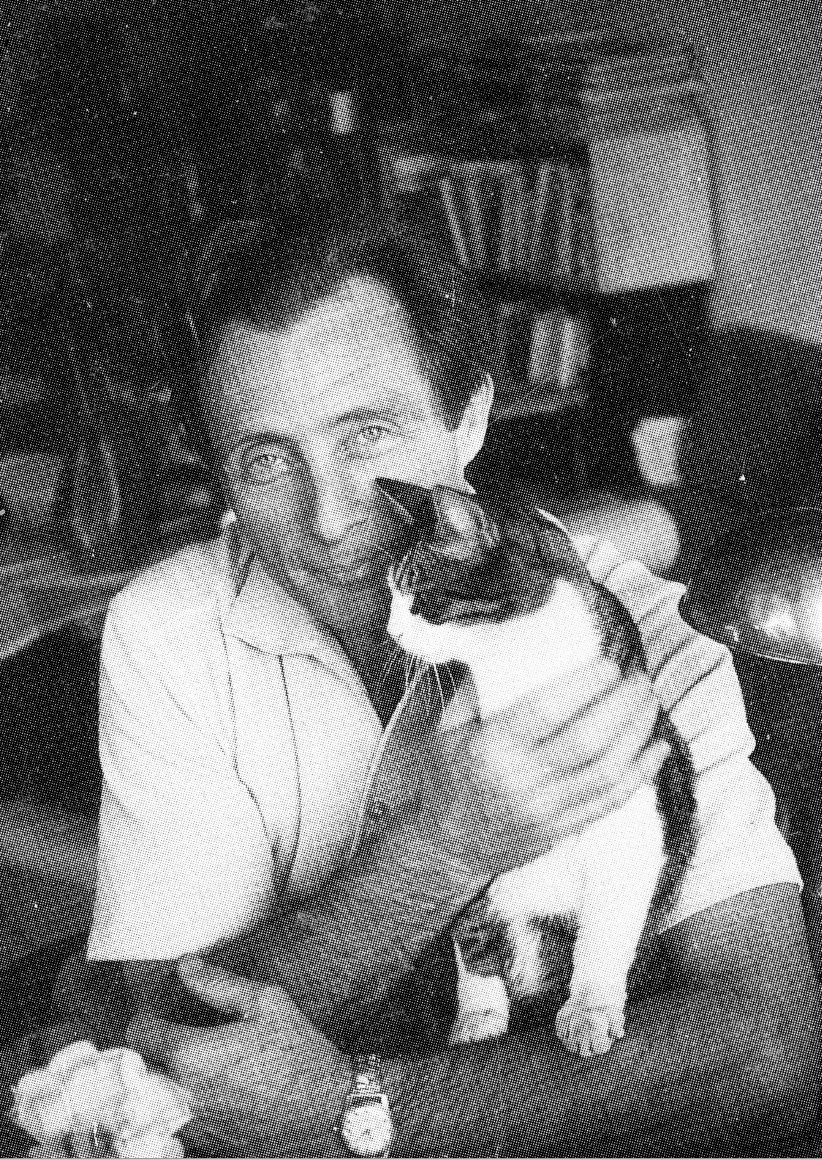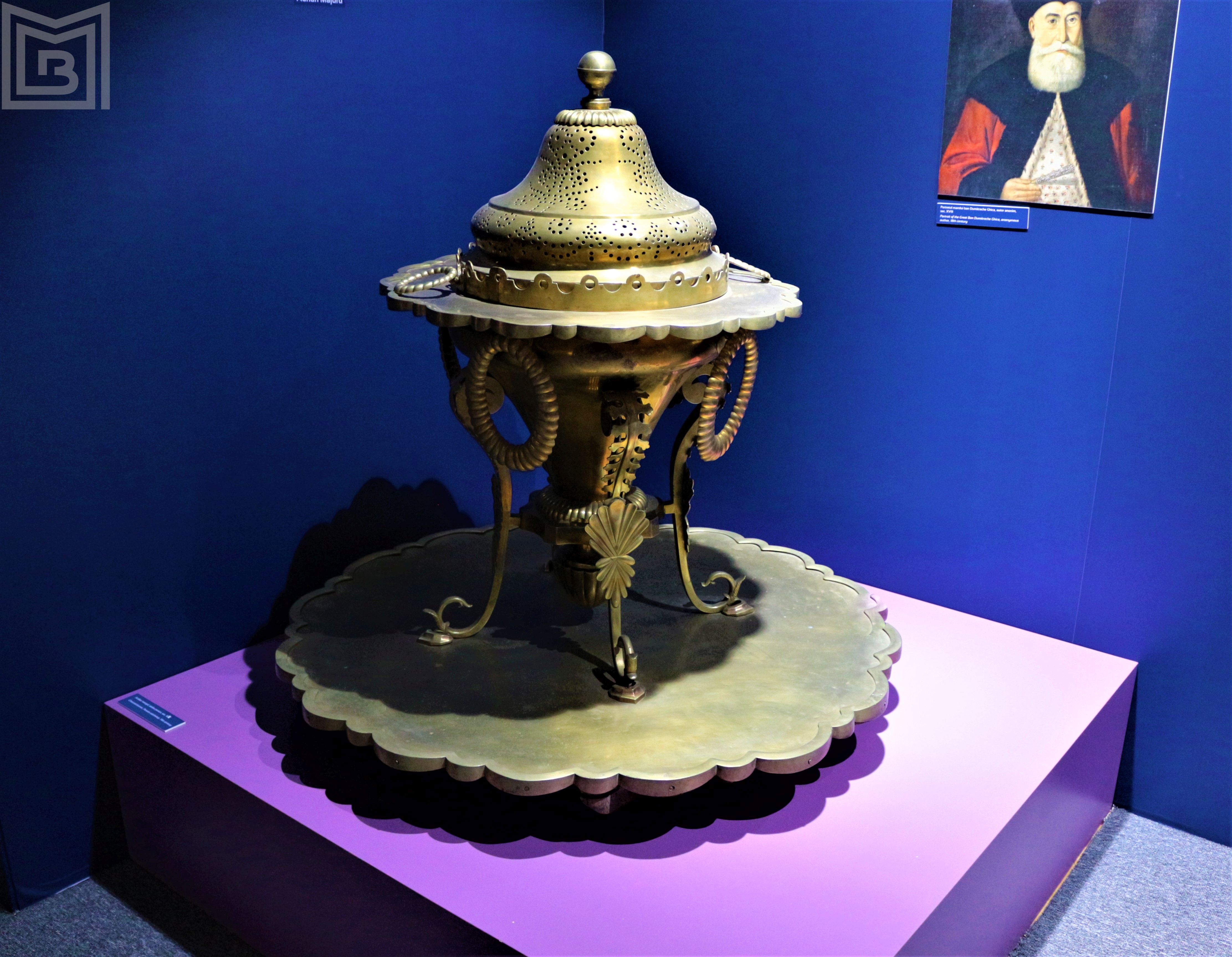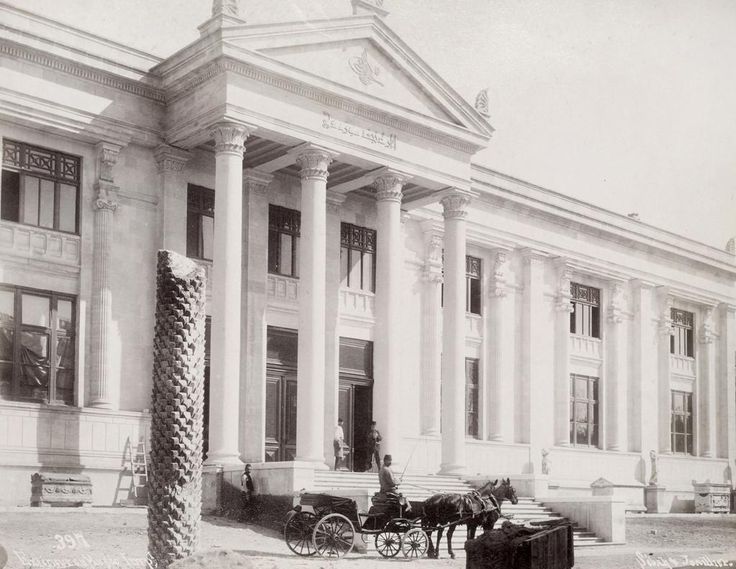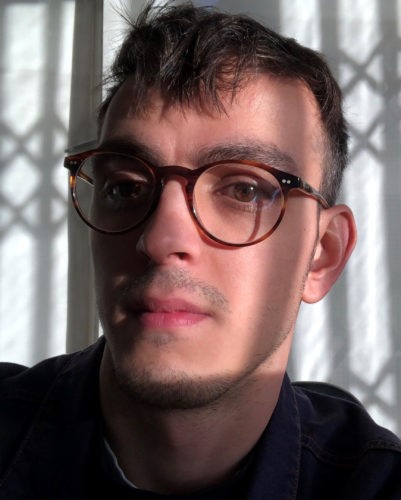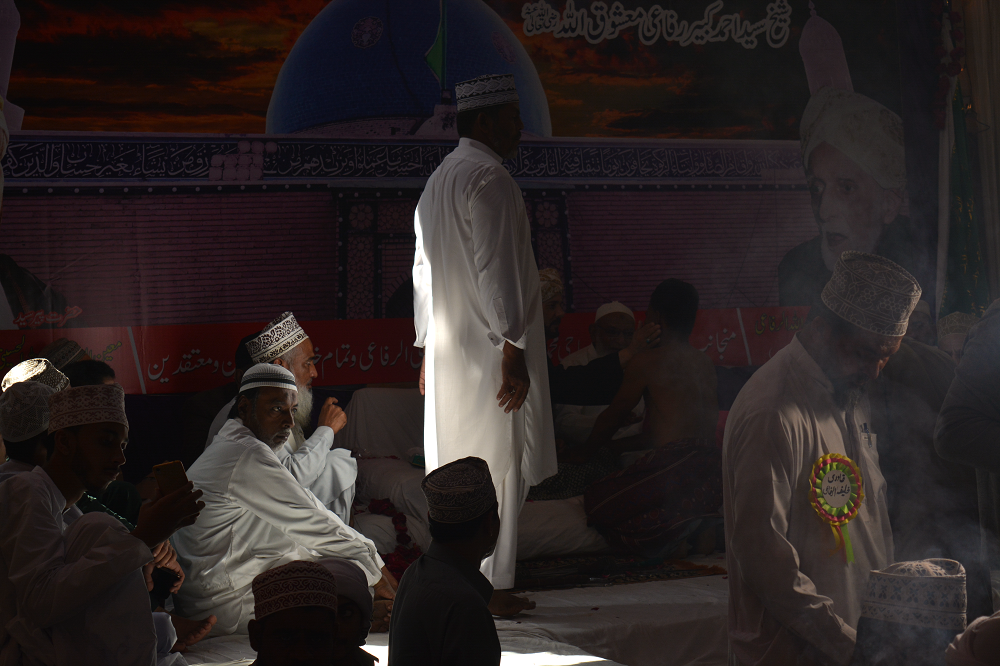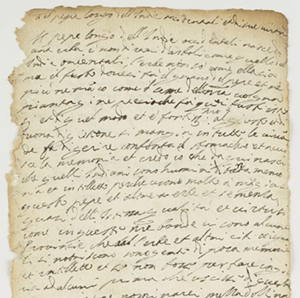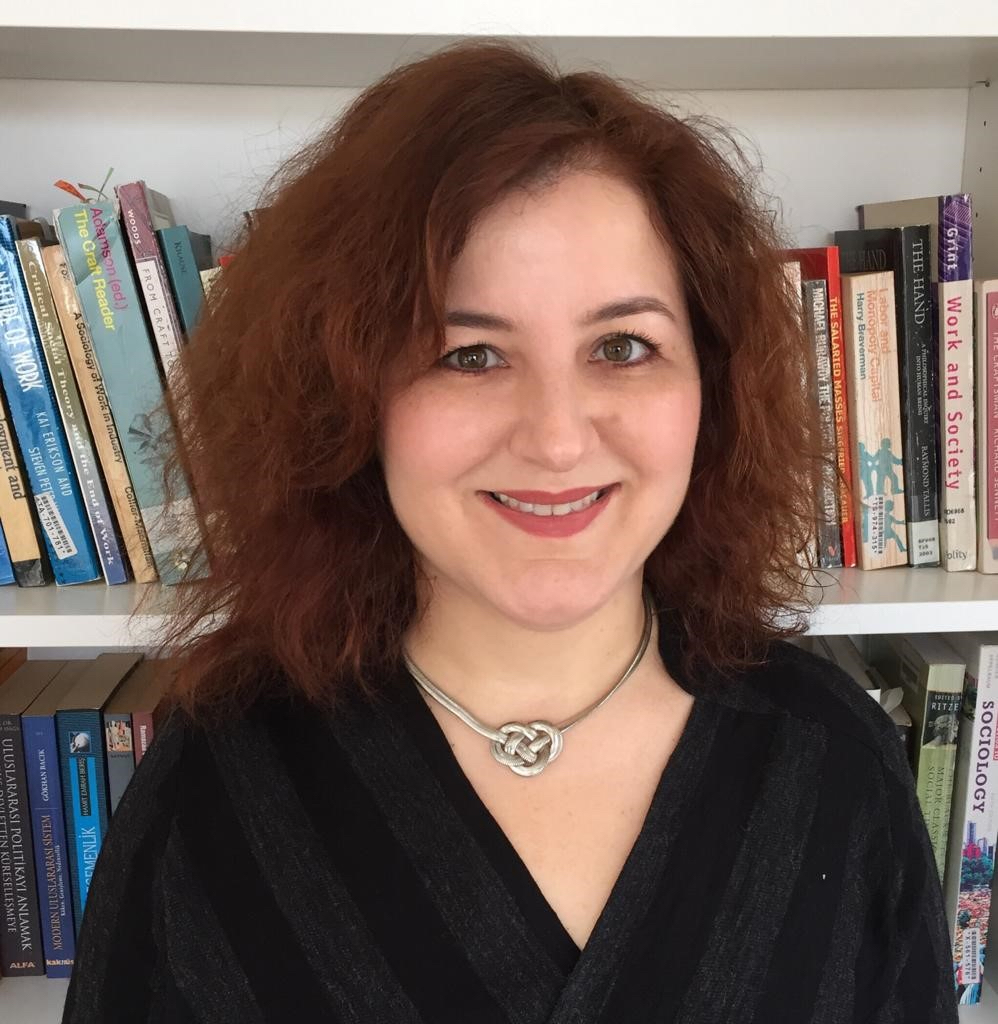Bir Yaşamın İzleri – Traugott Fuchs Mirasının Kataloglanması
17 Eylül 2021 | Yazarlar: Karin Schweissgut & Melissa Sivri
Traugott Fuchs’un Orient-Institut Istanbul’daki mirasını kataloglama projesi, Boğaziçi Üniversitesi İstanbul Arşiv ve Dokümantasyon Merkezi ile iş birliği içinde, Kültürel Koruma Programının bir parçası olarak Dışişleri Bakanlığı ve Orient-Institut Istanbul fonları ile finanse edildi.

